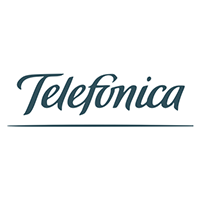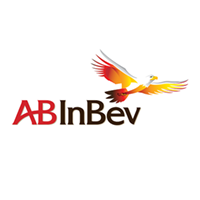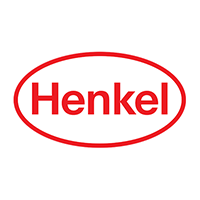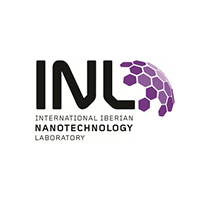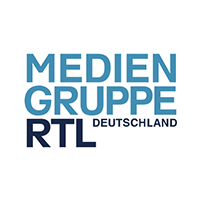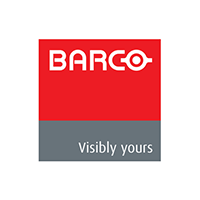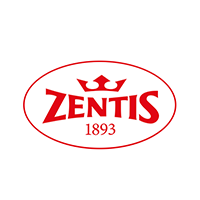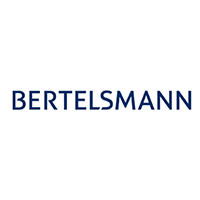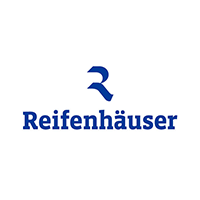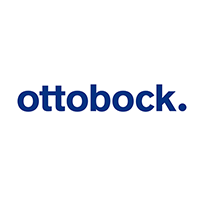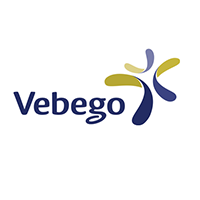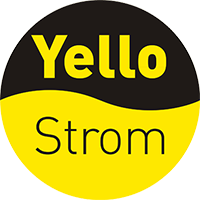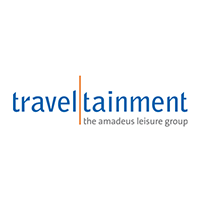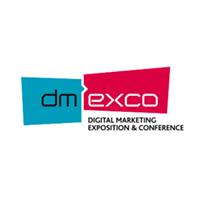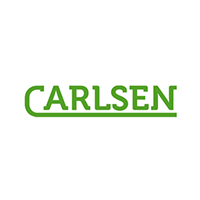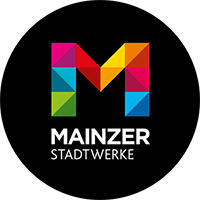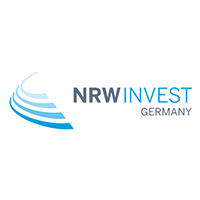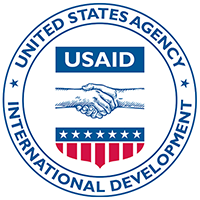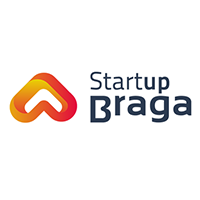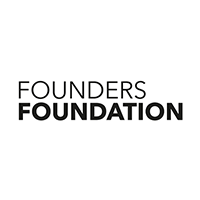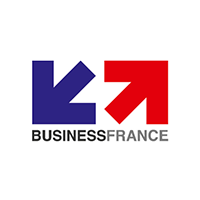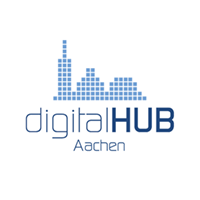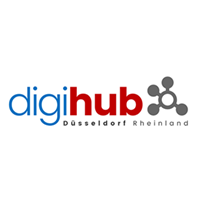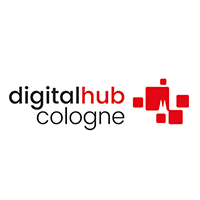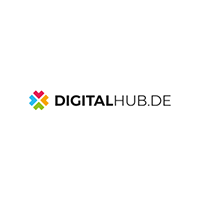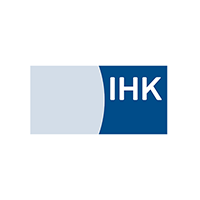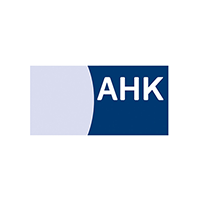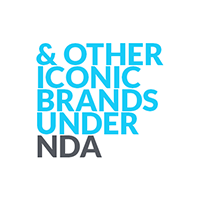

The truth today is, you no longer need special tech skills to start building your ideas!
We all have ideas - but very few of us ever act on them because we think we can't, don't have the know-how, that it would be too hard.
We tend to think some special technical or programming skills are needed to help bring our idea to life. We might think "if I just had that special technical person to work with...". Sometimes it feels like we're waiting for some kind of permission from others to start. Other times, we're just feeling completely overwhelmed with all the possibilities, all the options available, struggling to figure out where and how to begin - and we get stuck with "if only" and "what if" before we even begin.
As experienced entrepreneurs ourselves, we know how and where to begin; There's even a simple step-by-step process that can be followed by anyone!
The AI-deation Masterclass is our one-day workshop empowering everyone to bring their ideas to life as a working prototype, assisted by AI - with no programming skills required whatsoever.
Whether it's about supporting early-stage startups in startup support programs to make sure they know how to take their ideas to market faster and with increased fundability due to market validation, if you're looking to upskill your teams inside your enterprise or organisation, or helping your students bridge the gap between theory and the reality of today - this workshop delivers a lasting impact through actual practical experience, building prototypes from ideas in less than a day - by using AI.
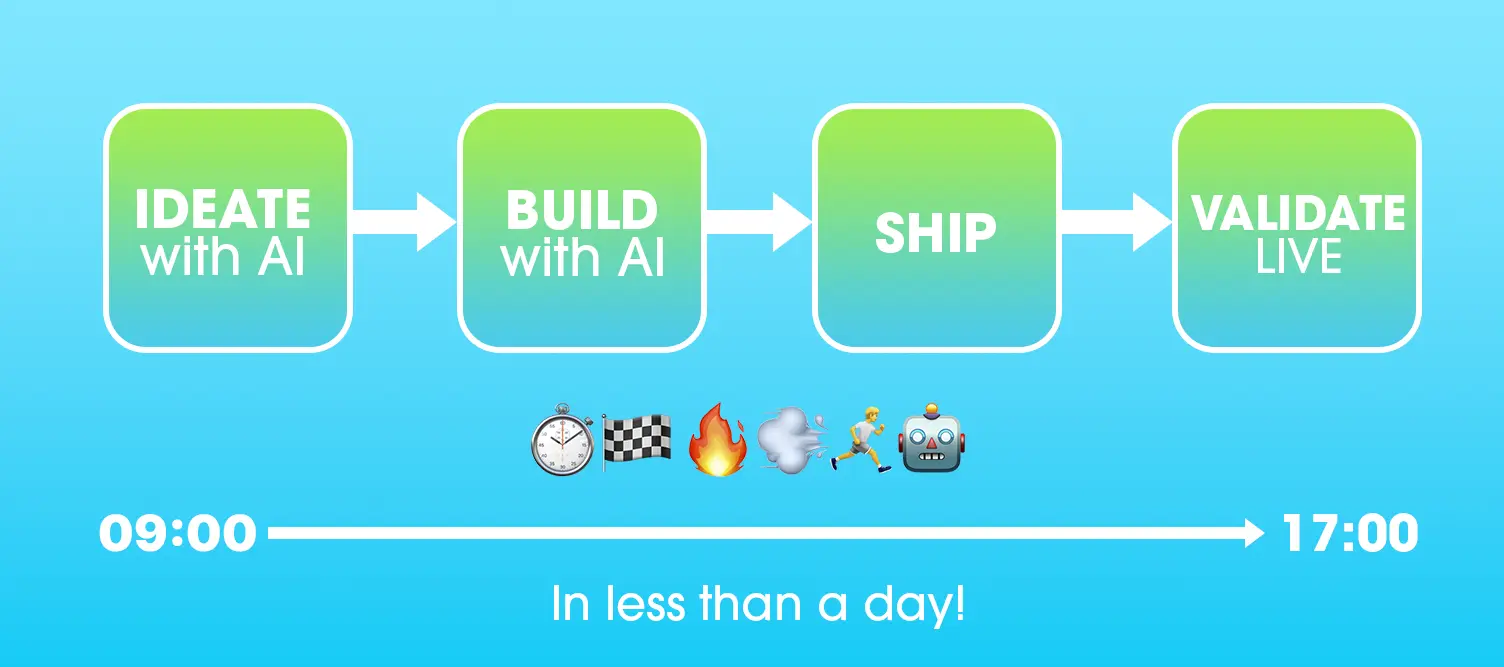
This Masterclass teaches the skills and a repeatable process to avoid failure, decide what to build and how, reducing bottlenecks, enabling confidence, and helping to foster a culture of faster and better outcomes through experimentation using AI - for everyone.
Through hands-on guided experience with the relevant new AI tools, participants will transform ideas into prototypes and start validating them withing the end of the day. The focus is on speed, clarity, confidence, and fun - making AI-assisted prototyping accessible to everyone, not just for the tech experts.
Previously only available as a part of our popular and comprehensive "Startup / Innovator Masterclass" educational workshops and the even more comprehensive "Lean Launchpad" support programs, this workshop on how to profit from having AI assist you in building Minimum Viable Products (MVP) or prototypes has been made available as a stand-alone single day Masterclass by popular demand.
Our AI-deation Masterclass is not a classic "No-Code". It's not just another new "Vibe Coding" workshop. Most typical "No-Code" workshops focus on gaining new skills for building stuff with no special skills, with design tools and AI. What they normally don't teach you is how to avoid building the wrong things and how to decide what to build in the first place. We don't think enabling more people to build more things that nobody wants or needs is a good idea for a workshop. Don't get us wrong - we think classic "No-Code" and "Vibe Coding" workshops are also very cool - but based on our experience; "Vibe Coding" usually requires some tech skills to make good use out of it (and how overcome the frustrations when your product inevitabkly doesn't work a 100% on first try) - and they both normally don't teach you where and how to start and how to avoid building things nobody wants.
More traditional No-Code workshops are great for building new (or practicing existing) tool skills. Vibe Coding workshops are a great "next step" after building the fundamental skills for building with AI. The AI-deation Masterclass is the first step - the perfect starting point for acquiring the fundamental skills of idea validation, ideation and prototyping - all assisted by AI, with no special tech skills required.
Our Masterclasses are led by experienced entrepreneurs with hands-on experience in building with AI, combining practical expertise with proven insights. With participant numbers deliberately limited, each session ensures tailored guidance and individualized feedback, maximizing value for every participant.
Like most of our other programs, the AI-deation Masterclass is also available in three editions: For startup support programs like incubators and accelerators and their early-stage startup participants, for employees in companies and organisations, and students at universities and colleges, adapted to the unique context.
Our AI-Deation Workshop works well for using actual existing early-stage business ideas, but requires no prior idea, concept, prototype, startup, team, or special knowledge.
Participants either arrive to the workshop armed with a list of things to work on as we can enable them to discover new meaningful ideas by applying an easy process that anyone can master, starting a week or two prior to the workshop, or we can instead start the workshop with a fun little 15m exercise to ideate and form teams.
Whatever works best for you and your context.
The AI-deation Masterclass has been designed to work best for people with zero to little prior experience with working with AI to build prototypes out of ideas. Although it requires no programming skills, that does not exclude people who know to code as they will be able to let the AI do a lot of the boring work and even leverage and expand on the work it made themselves.
As this is our introductory-level AI-deation program, it is not intended for startups, employees, students, innovation teams, or individuals who are already using AI to build products.
However, this workshop can also provide value for those who already did launch an MVP or prototype, but are not happy with how long it currently takes to update and iterate on what they've already got and open to a faster and more flexible way of working - or for those who have already learned that their current prototype needs a complete rethink and remake.
You get upskilled staff with new capabilities in just one day of training, potentially saving months of time wasted - the ROI on this one is a no-brainer.
Improve your outcomes: Startups who know how to iterate faster survive longer - and with a validated prototype, much more likely to secure funding.
Hands-on AI experience for students connecting directly to employability, bridging the gap between classroom theory and the job market reality.
Getting the environment right can help spark creativity and ensure participants are more engaged and open to learn new things.
The choice of setting can play an active role in putting the participants in the right mindset for innovation and collaboration out of reach from daily operations and out of mind for "business as usual". Our workshops can of course be hosted directly at your offices or lecture halls - but also at another preferred venue of your choice.
We also offer full support in identifying and managing the most efficient and inspiring location to set the tone — whether that means finding the location that is most optimised for participant travel logistics and Carbon Footprint or creating an unforgettable and innovative atmosphere.
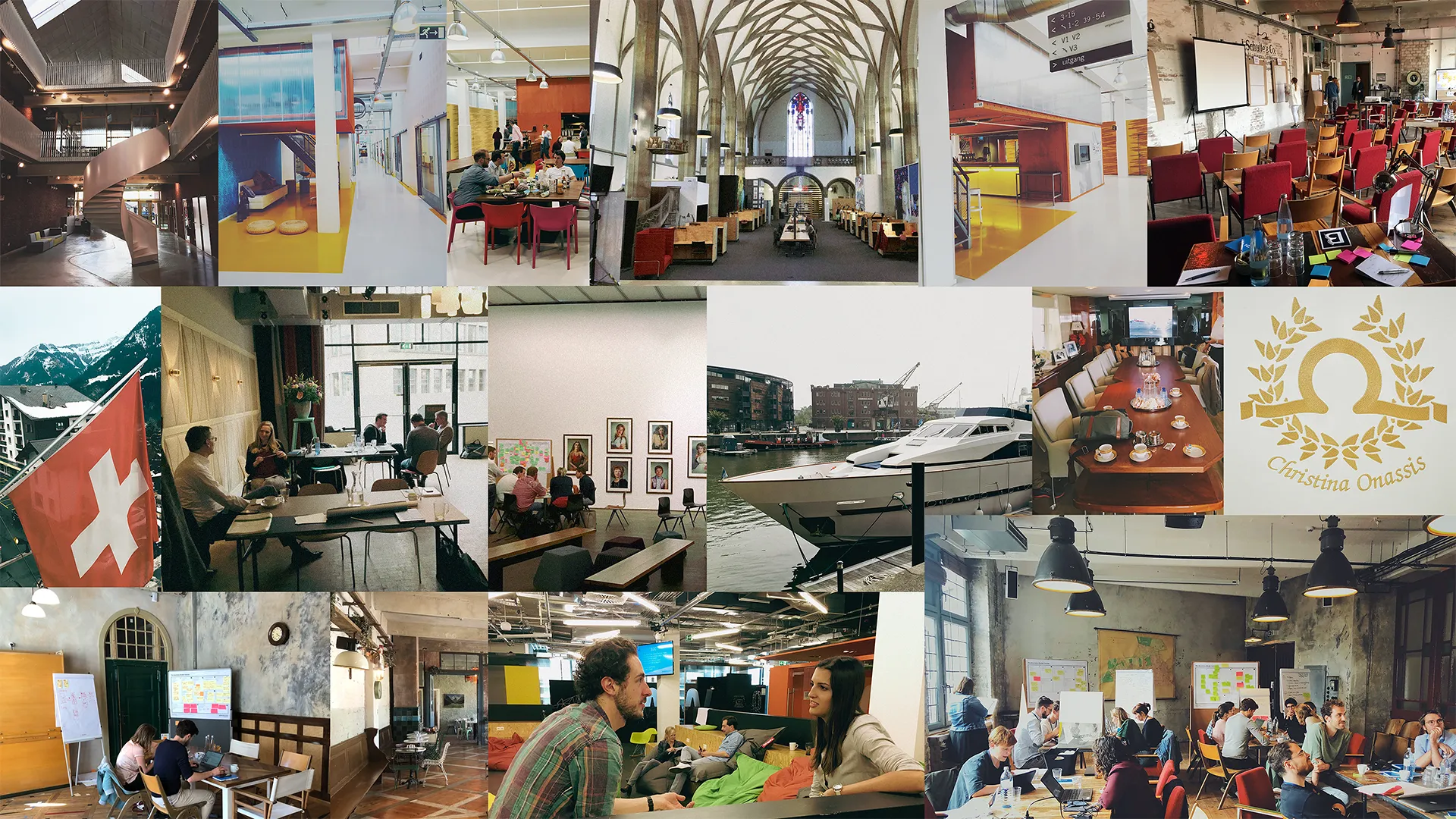
Past workshops have been held just as successfully everywhere from your classic company meeting rooms, university classrooms, and basic co-working spaces to more exceptional venues such as a yacht once owned by an Onassis, a renowned restaurant, an ice skating & Curling rink, a repurposed industrial-age factory, a (deconsecrated) church, an art gallery, a (closed) coal plant, a nanotechnology laboratory, or a chalet in the Swiss Alps.
With +ANDERSEN & ASSOCIATES, education and upskilling become a memorable adventure for life instead of just another uninspiring training to grind through.
We are true believers that the best way to learn is by doing and this is very much a hands-on workshop. But for learning to stick as repeatable skills, we will also provide some theoretical context to what and why we are doing what we're doing - why most ideas fail and how to avoid it.
To be able to replicate what we are learning on your own after the workshop, we will also be learning some repeatable processes and simple frameworks.
Guided by experienced entrepreneurs, providing direct feedback and helping to explain theory and practice on an individual level.
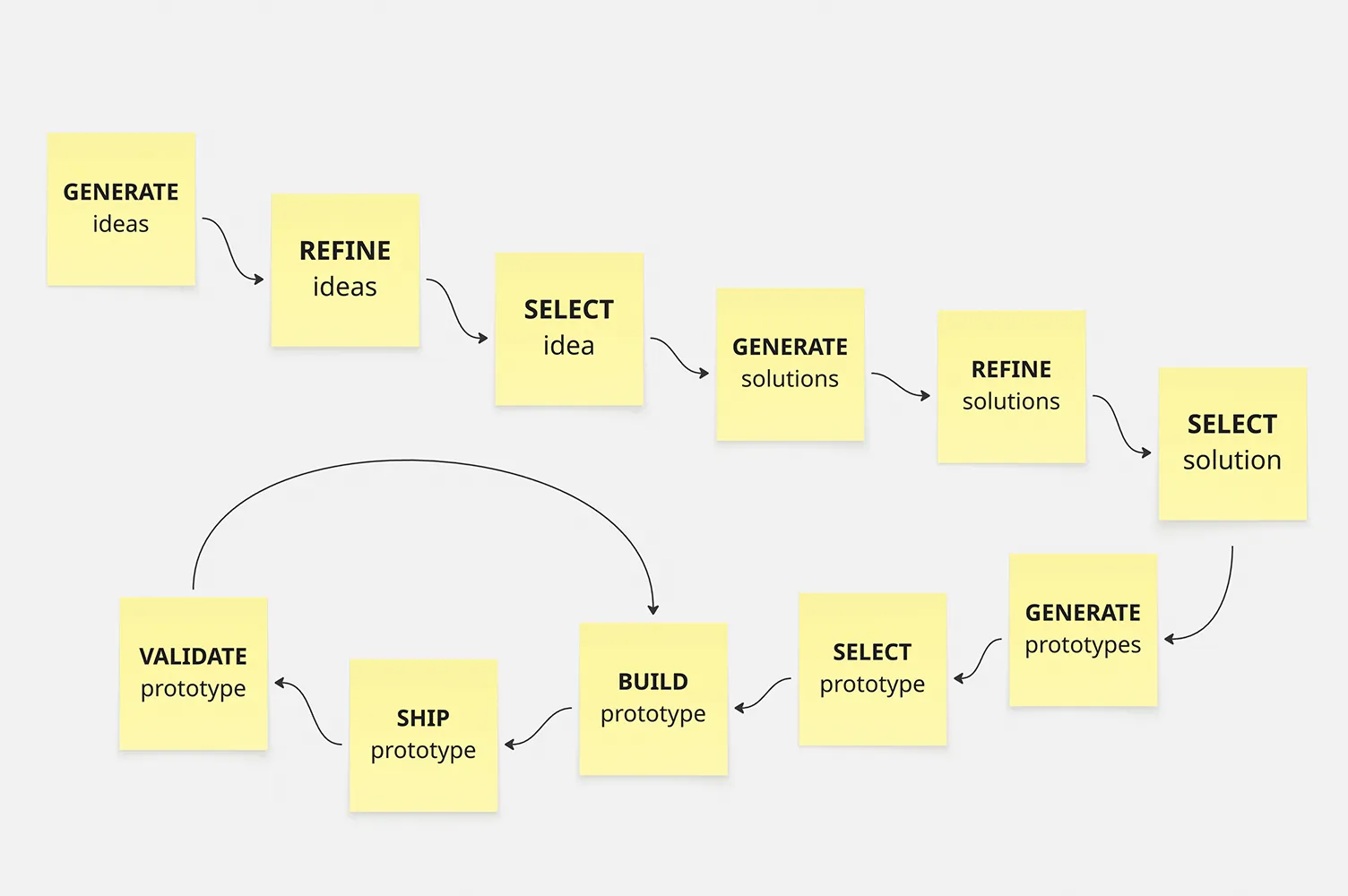
Since March 2020 we have also been offering our programs and workshops 100% online or in-part from our professional streaming studio.
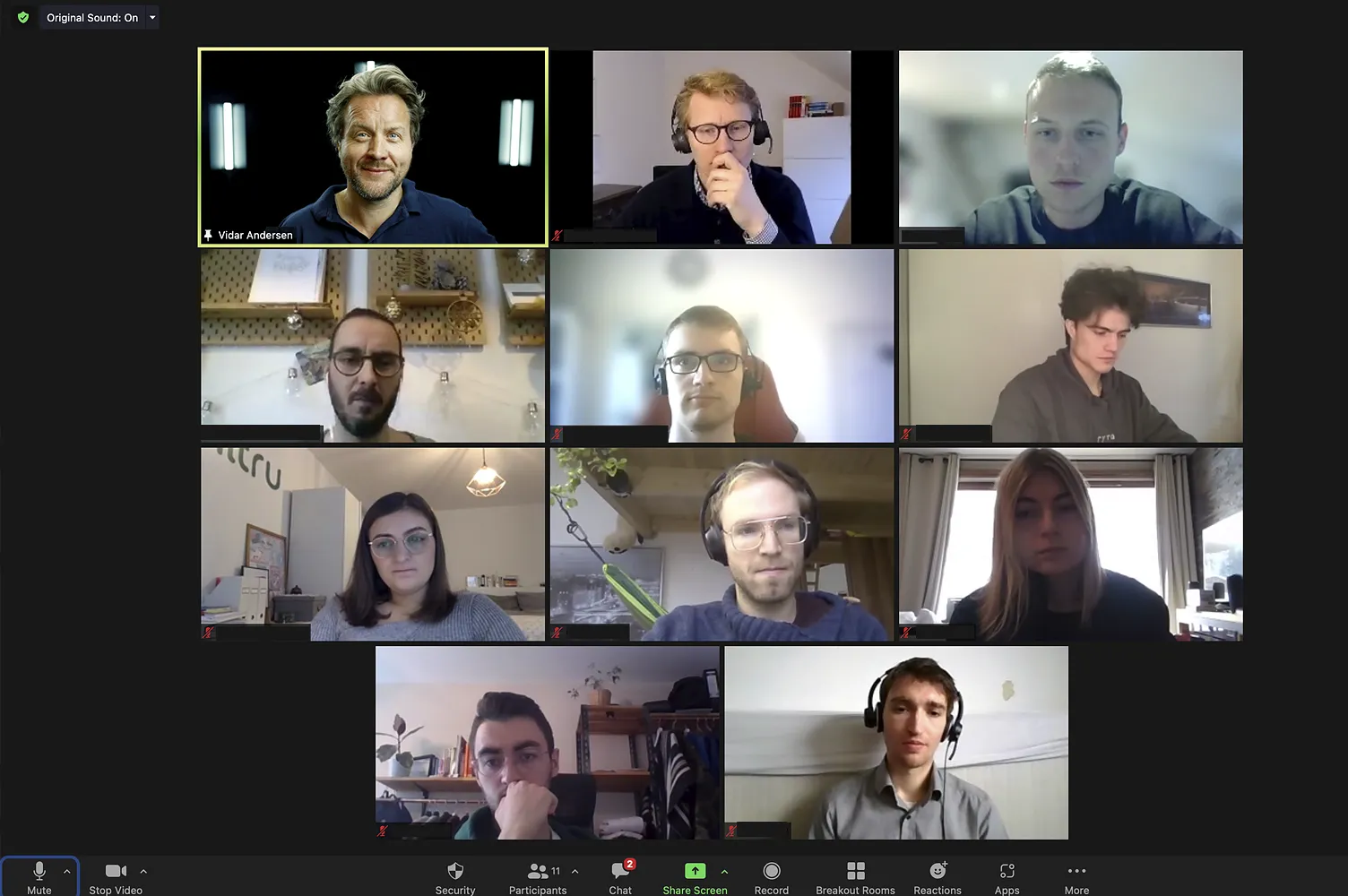
We deliver through most standard enterprise tools like Zoom, Teams, Google Meet, GoToMeeting, FaceTime, etc.
Optionally, a hardware solution for lossless direct communication between our studio and your offices can provide the best possible secure audio and video quality technically available. (As an option, we can ship the hardware to you on loan for the duration of our program(s) and will communicate with your tech staff helping them to set it up prior to the workshop).
The Corporate Edition of the AI-deation Masterclass is our most comprehensive version. It has been designed for maximum individual value. Participants benefit from closer guidance, customized attention, and the highest educator-to-participant ratio that ensure personalized outcomes.
Delivered on-site, online, or at an external venue, this edition emphasizes both immediate skill building and long-term return on investment — helping with talent retention, accelerating innovation, and strengthening the competitive edge, both for the company and the employees.
Priced like most of the standard corporate upskilling, education, and training programs that you are used to, with no mysteries or surprises.
We limit participant numbers for our Corporate Edition to allow for maximised individualised exclusive feedback and advisory for each individual participating with a maximum of around 20 participants per workshop.
The Startup Program Edition is optimized for teams of founders of early-stage ventures in programs like accelerators or incubators.
Priced to be accessible to most support programs, but still rich in value - it emphasizes team collaboration, lean prototyping, fast validation cycles, and investor-readiness.
Educator(s) work across groups, balancing individual coaching with collective guidance, ensuring the startup teams leave with a fast new iteration process to proceed and a prototype in validation, well on their way of building a stronger fundraising narrative and improving their chances of survival.
Participant numbers for the Startup Program Edition allow for individualised feedback and advisory for each team participating, with a maximum of around 10 teams per workshop.
For e.g. universities, NGOs, and educational institutions, the AI-deation Masterclass is delivered in an accessible, cohort-based format that balances inspiration with practical skill development.
While it comes with less focus on the individual needs than e.g. the Corporate Edition, it still offers a high-energy, engaging introduction to AI prototyping for larger groups. Participants gain exposure to the latest tools and leave with tangible projects that demonstrate their readiness for the future of work. This edition is designed to democratize access to AI learning, making it possible for institutions to upskill entire classes, groups or programs at an obtainable price point:
We are in the unique position of being able to offer meaningful discounts to GOs, NGOs, and non-profits like public universities, public institutions, publicly funded programs, charitable organisations, etc. because we believe everyone should have access to the skills of tomorrow today.
Participant numbers for the GO/NGO Edition are less limited to allow for larger groups or cohorts to participate, allowing for up to 60 participants with feedback and advisory more limited to a group/cohort "teaching point" level.
Turn an idea into a first prototype in one day
Participant value: Walk away with real new skills, not just theory — an instant confidence & productivity boost.
Decision-maker value: Tangible outcomes from just a day of training, self-evident ROI.
Learn how to use AI tools without coding
Participant value: Removes the “I’m not technical enough” barrier, making innovation accessible.
Decision-maker value: Expands the innovation potential of non-technical staff / students / startup founders.
Build problem-solving confidence with new tools
Participant value: Feel empowered to tackle challenges with AI.
Decision-maker value: Foster more resilient people, adaptable to change.
Learn a simple, repeatable framework for moving from an idea to a prototype
Participant value: Learn a process to apply and reuse on future projects.
Decision-maker value: Consistency in innovation efforts and abilities across teams or programs.
Develop creativity and innovation skills with structured exercises
Participant value: Learn how to generate, refine, and test ideas effectively.
Decision-maker value: Support a culture of innovation within the organization.
Experience hands-on collaboration and teamwork
Participant value: Gain practice working in teams to bring ideas to life.
Decision-maker value: Build stronger, more collaborative teams or student cohorts.
Learn how to validate ideas quickly with real-world feedback
Participant value: Avoid wasting time chasing ideas no one actually wants or needs.
Decision-maker value: Reduce risk and cost for better outcomes and much higher ROI.
Gain familiarity with key AI tools for prototyping
Participant value: Practical exposure to tools they can keep using after the workshop.
Decision-maker value: Ensure employees or students are up-to-date with relevant, in-demand skills.
Build on presentation skills by showing off the prototype created and describing the process
Participant value: Practice communicating ideas clearly and confidently.
Decision-maker value: Improve internal communication and pitching ability across teams.
Leave with a mindset shift: “I can do this, even without technical skills”
Participant value: A lasting sense of empowerment, opening doors for future opportunities.
Decision-maker value: Long-term impact — motivated, confident people drive better results.
Intro
Kicking
It Off
09:00 - 09:15 15m
Before we begin, we usually start with some words from the host - and our customer if they are not one and the same (sometimes external 3rd party venues have their own representatives) - to remind us of the context, set the tone and expectations, and communicate all the practical information we need to know for the day - like where's the coffee, what about smokers, lunching in our out, code of conduct (e.g. will checking emails or answering calls be allowed), parking, security, and so on.
⏳ 5m
Afterwards, the educator communicates what we will be adressing today and what not to set expecations, the agenda, take individual questions to clarify, and each participant is asked to formulate a sentence explaining their expecations for the day.
⏳ 10m
Part 1
The Idea
Validation
Process
09:15 - 10:15 1h
Before we start playing with new shiny AI toys, we need to cover some fundamentals. Because just having new great tools available to us to build with does not remove the fundamental risks that come with all new business ideas. Far from it! It just makes it all the more alluring to start building stuff straight away!
However, the biggest risk to your idea still remains regardless of what amazing new tool you build with: The biggest risk is still not that you are unable to technically build it; Given enough time and resources, most things are indeed possible to build - but should you really build it?
The biggest risk to your idea is still going to be that you start building it without reality-checking if it is worth pursuing, finding out too late - only after you've run out money, time, motivation, enthusiasm, good-will, buy-in, and support - that you've built something nobody wants!
Most new business ideas still fail because most people with ideas are so convinced of their idea that they start building solutions without proper problem, need, and market validation - and thus end up finding out too late - after spending blood, sweat, tears, status, career opportunities, relationships, or even spending all their life-savings - that the idea has no market, no demand large enough for it to be relevant and successful!
Successful new innovations (that are not line extensions to existing business) do not begin with a business plan — they begin with testing whether the idea has actual real-world demand by speaking with real potential customers or users.
In this part, participants are introduced to the Customer Development process, a simple but powerful framework for reality-checking their ideas at the earliest stages. They learn how to distinguish personal bias from objective truth, how to measure whether a problem is worth solving, and how to test whether their proposed solution creates enough value for users to care - at speed.
This practical approach bridges the gap between classroom theory and entrepreneurial reality, equipping participants with a repeatable method they can use throughout their careers.
BREAK - 10 Minutes
Part 2
Defining
Minimum
10:25 - 11:25 1h
We now know that most ideas fail because people build things nobody wants or needs - but with seemingly infinite possibilities of what to build available to us - where do we actually start? How much - or how little - do we need to build to deliver actual value?
What exactly is the "minimum" we can to build to test with market feedback as fast as possible instead of spending way too much time and resources on overengineering a prototype without market feedback?
In this part, we will learn about the concept of a "Minimum Viable Product" - MVP; a more efficient way of prototyping engineered for speed; Both the speed of taking it to market and the speed of the customer-feedback-to-new-iteration loop. An MVP is designed to provide just the amount of value needed to validate it with users/customers as fast as possible, avoiding overengineering with features that nobody may need.
Identifying and defining what "minimum" actually means for your idea can be very challenging, but we will now introduce an easy and repeatable process to help identify that nebulous "minimum" that you can use - on your own or working as a team - from now on.
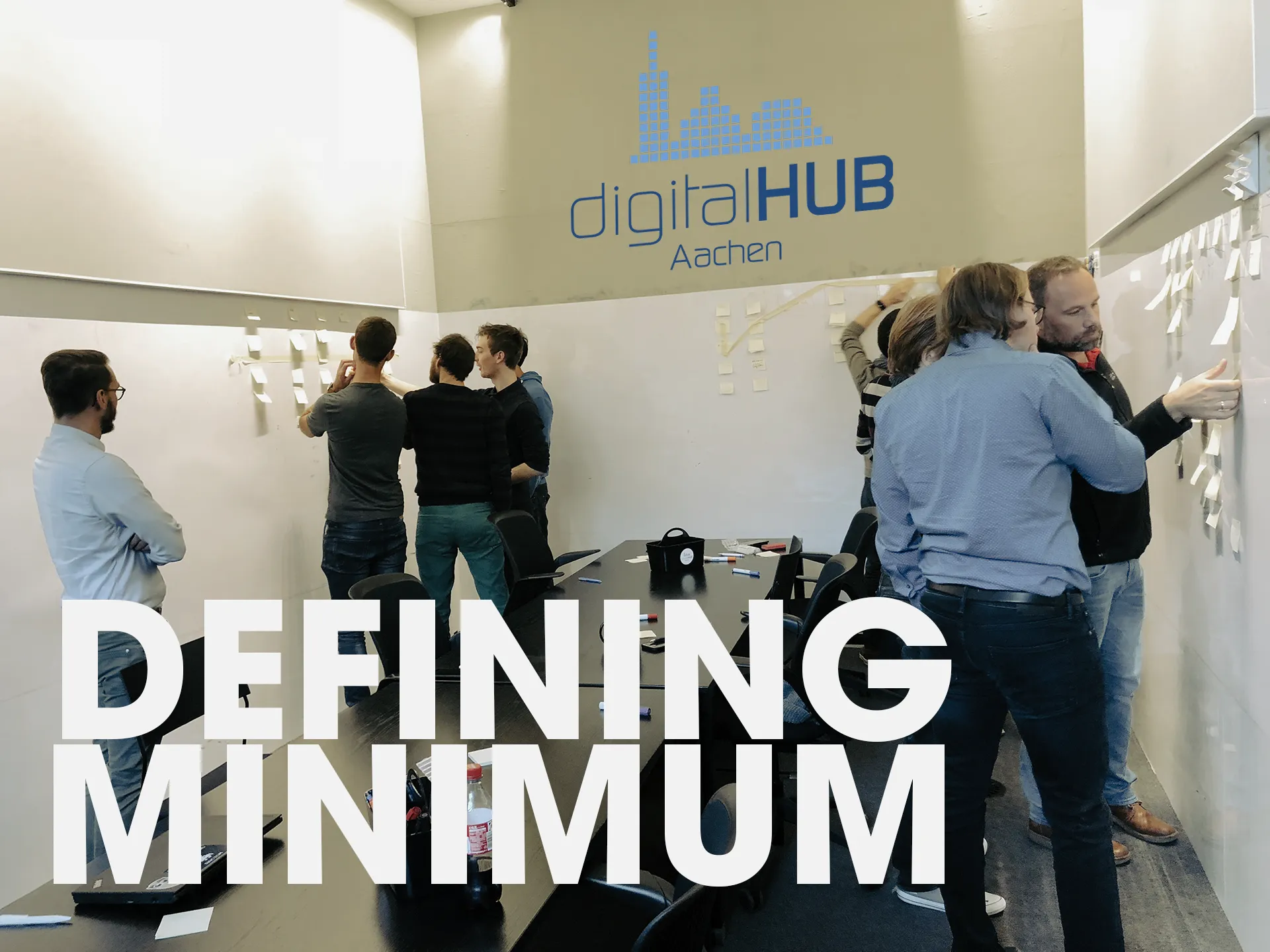
BREAK - 10 Minutes
Part 3
AI-assisted
ideation
11:35 - 12:35 1h
Now that we are familiar with the fundamentals of why we need to validate our ideas and how to do it, in this part it's finally time to break out the new shiny AI tools to help us move further towards building our first prototype.
One thing the new AI tools are very good at is to help us ideate; to assist the basic market and need research, to refine our thinking, and come up with more suggestions and ideas that we would not think of ourself - or at least spend an incredibly long time with to come up with on our own.
As we will also see, some AI tools are very good at describing to other AI tools how to do things, making it exceptionally easier and faster for us to build with AI without any special technical knowledge other than prompt, copy & paste.
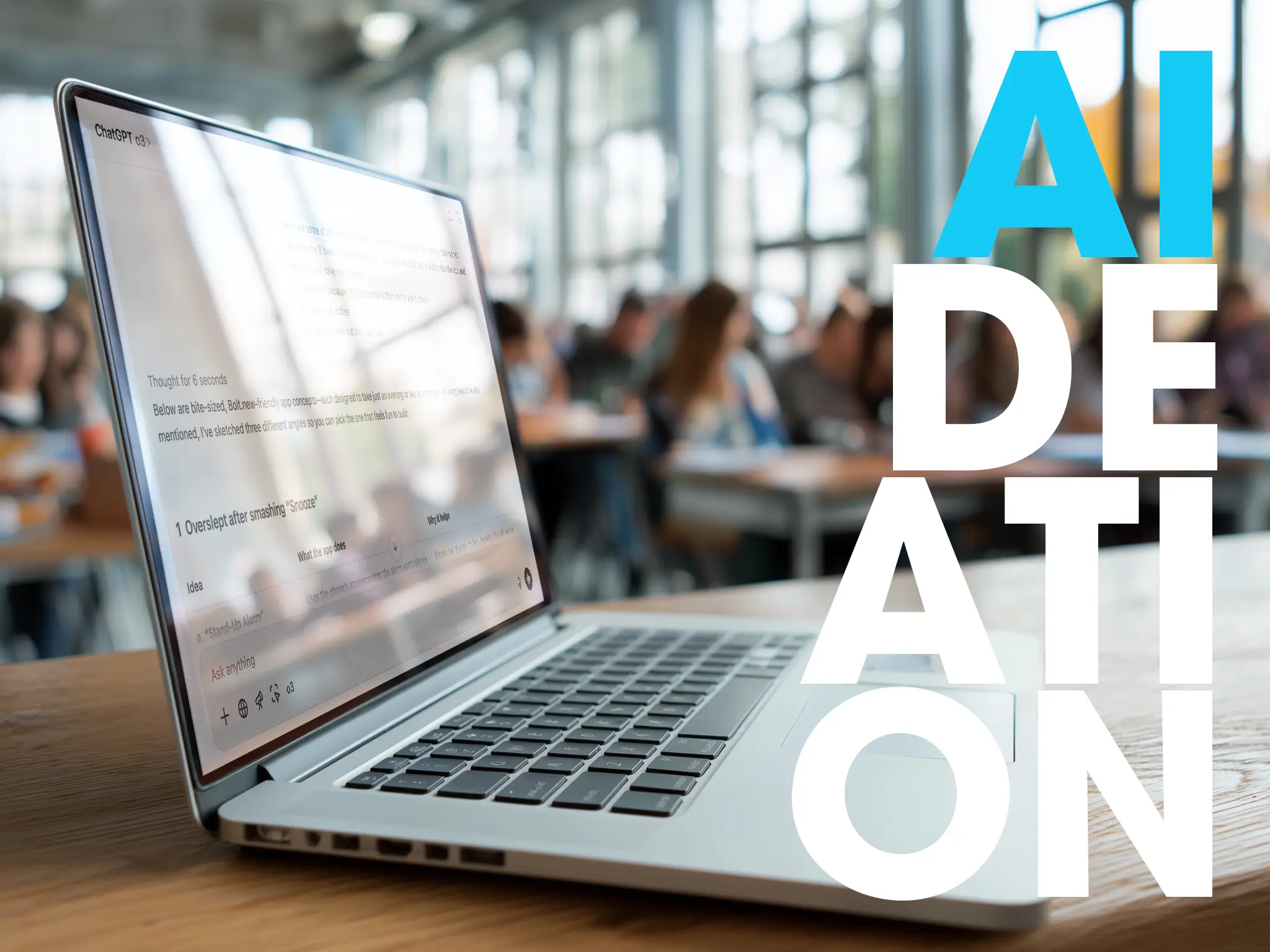
Lunch
12:35 - 13:35 1h
It's time to refuel and digest. Either on-premise (eat in) or offsite (eat out), either provided by the organiser or organised individually - depending on the context and preferences of the organiser.
Part 4
Building
with AI
13:35 - 15:35 2h
So far we have covered how to validate our idea and why it is so important, how use AI to help us in the ideation and validation process, now this part is the big one:
How do we use AI to build our very first solution to start testing and validating - with no special programming skills or knowledge needed?
Yes, it's finally time to build!
BREAK - 10 Minutes
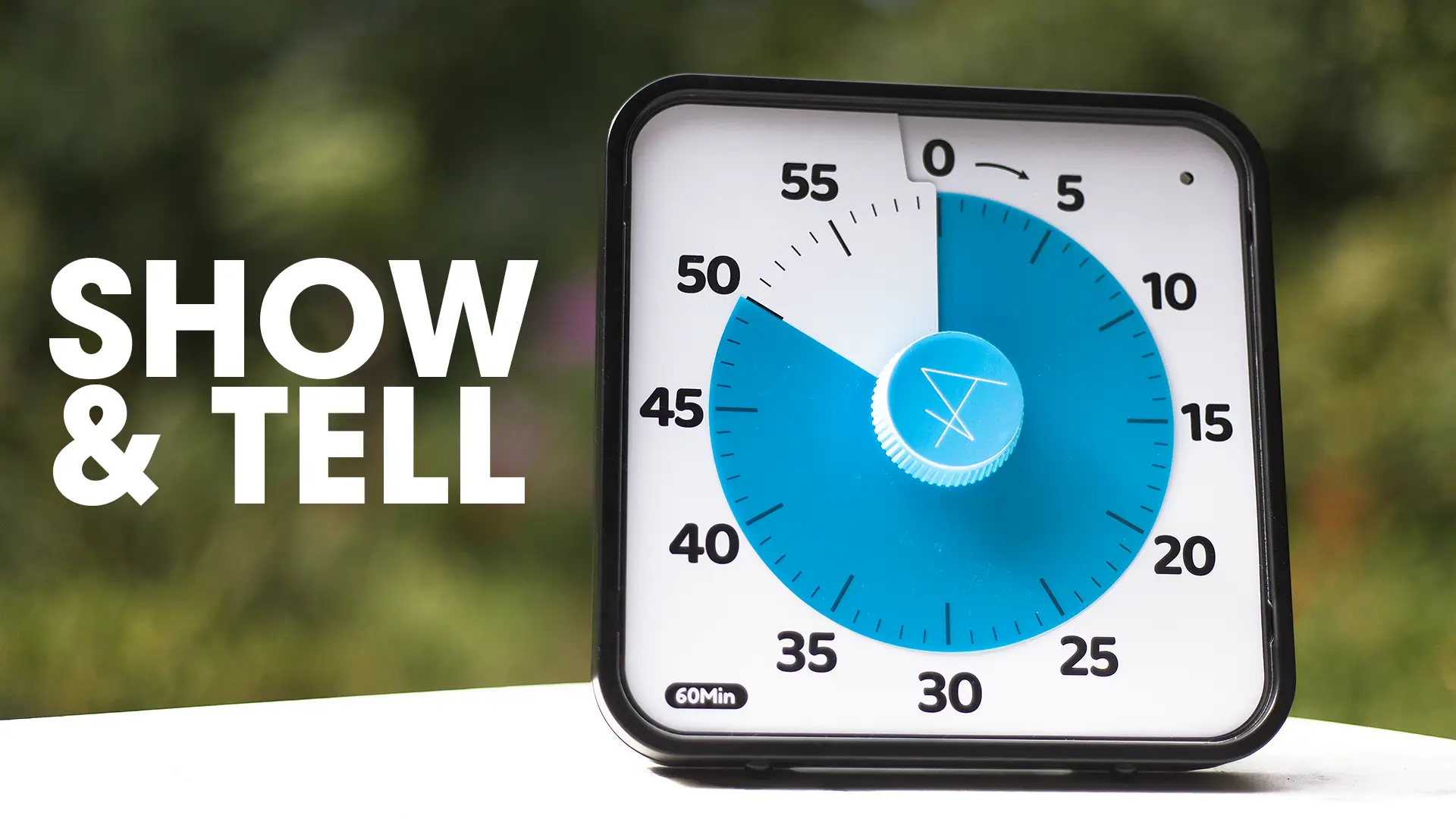
Let's
Present
15:45 - 16:45 1h
Presentation or it didn't happen!
It's now time to present our results of the day and the learning journey we went on to get there to an audience of peers and stake-holders (e.g. educational faculty, company department heads, support program managers, etc).
To keep things nice and easy (comparable and on time), we are going to be using a provided preset format of a few slides to tell our stories.
Optionally, there's a "Peer-Favorite" award voted on by the participants themselves, and a "best learning journey" awarded by the stakeholders attending the presentations. Awards up to
Time to
Wrap
It Up
16:45 - 17:00 15m
Before we are ready to end the workshop, the educator summarises the most important points we've learned today, takes spontaneous lightning (in a single word / in a single sentence) feedback from participants at random.
Optionally there may be a final word from the venue host (e.g. return of security badges, parking info, etc), if not the same as customer.
⏳ 10m
The host (customer) wraps the day up, remind us of the context and expectations, communicates all the practical information participants need to know for the rest of the day, deliverables expected - if any, the what and when of next steps - if applicable.
⏳ 5m
END OF WORKSHOP
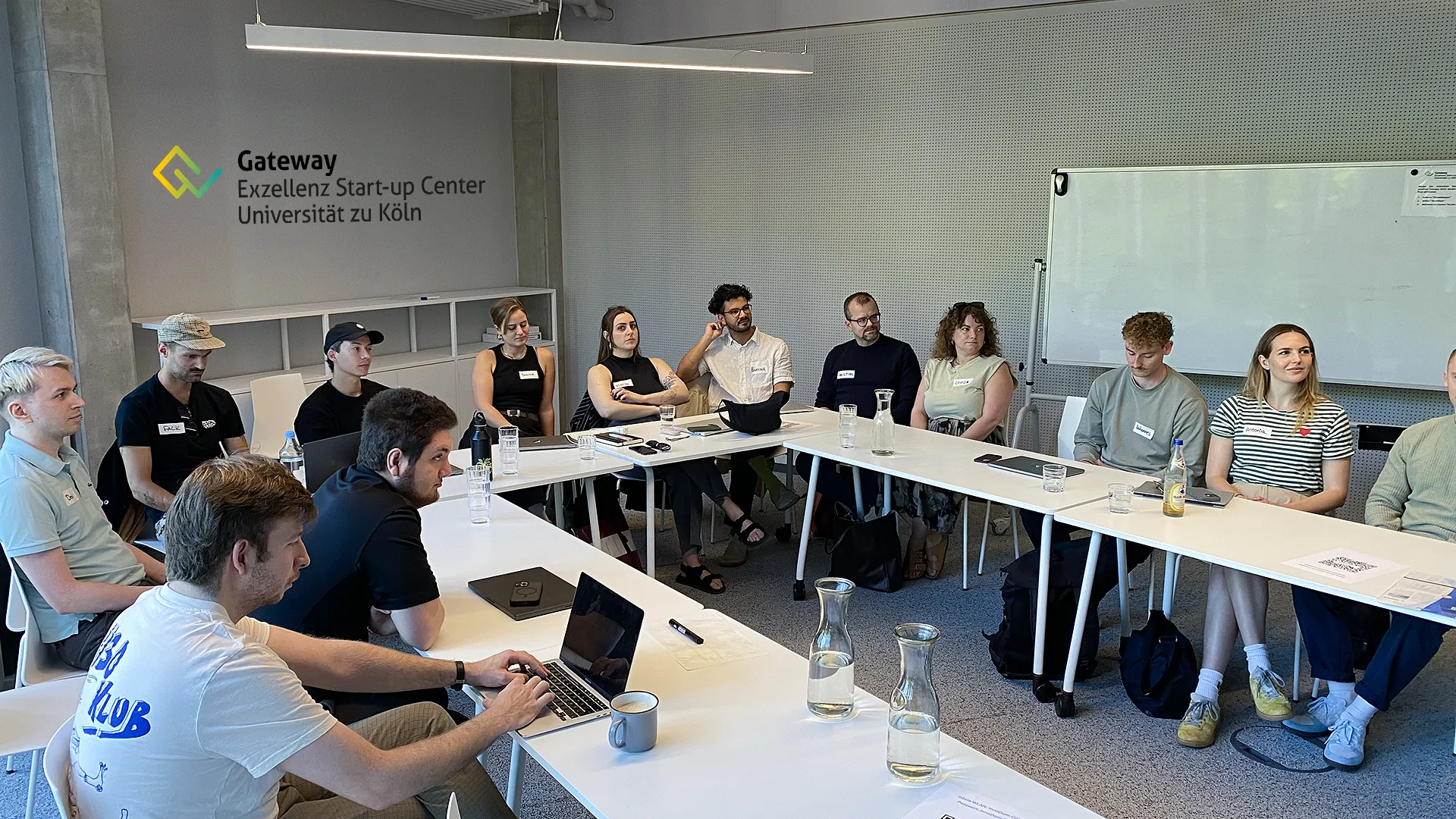
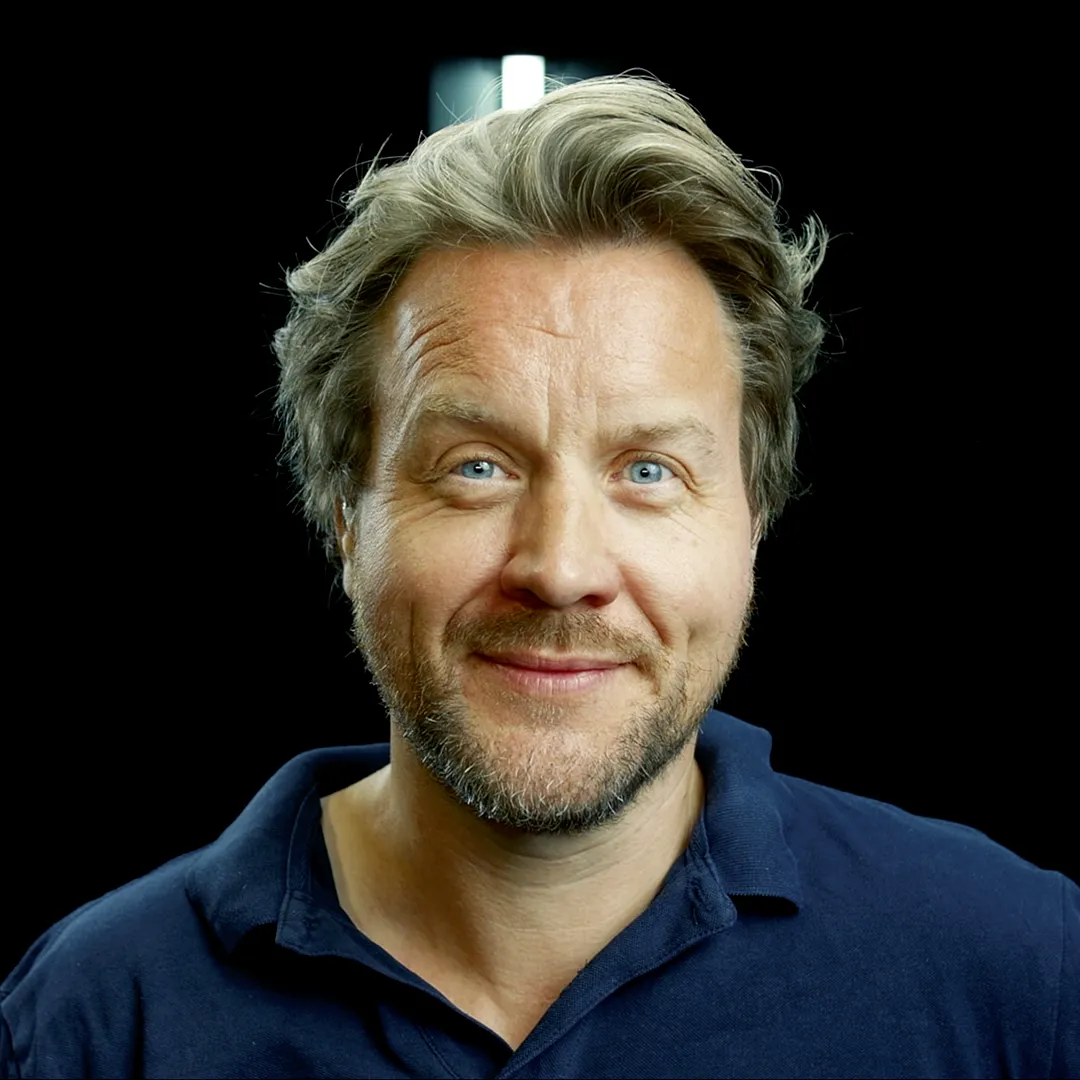
Vidar Andersen is a Norwegian serial entrepreneur, educator, and advisor on innovation to medium to large companies based in the greater Cologne / Düsseldorf area in Germany.
Andersen founded his first company in 1996 to help large corporations and GOs outsource innovation and solve problems with (web-based) software. In the following ten years still in Norway he worked with Equinor (then Statoil), The Royal Norwegian Government, The Norwegian Department of Education, VOX - The Norwegian Agency for Lifelong Learning, Shell, Esso, Lyse, Verdens Gang, OLF, TeeKay Shipping, and many more.
He then moved to Cologne, Germany and served for five years as the Head of Digital and Member of the Board at the lead agency to T-Mobile International, responsible for all things digital at the PoS and sales supporting backoffice systems worldwide.
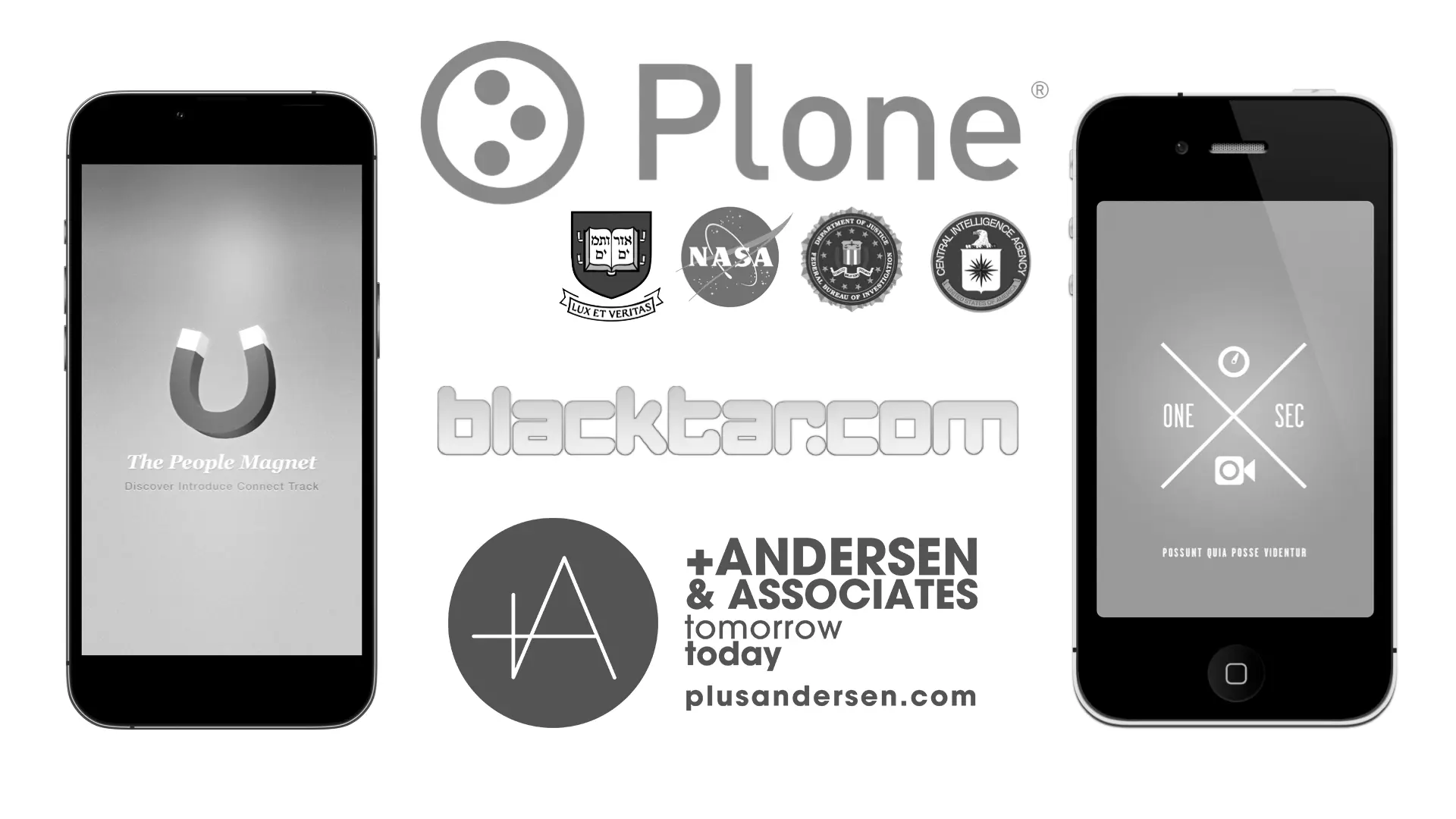
Two of the more well-known startups he has been involved in founding to date are perhaps the content management system (CMS) "Plone" (co-founder), used by NASA, Yale, the CIA, the FBI, Lufthansa, Deutsche Telekom, etc and "Gauss - The People Magnet" (founder), the very first social (SoLoMo) discovery app for the iPhone; "a people-magnet for your pocket". Others include a fintech investment platform for placements in German SMEs for international investors, an Instagram-like app for one-second videos, and more.
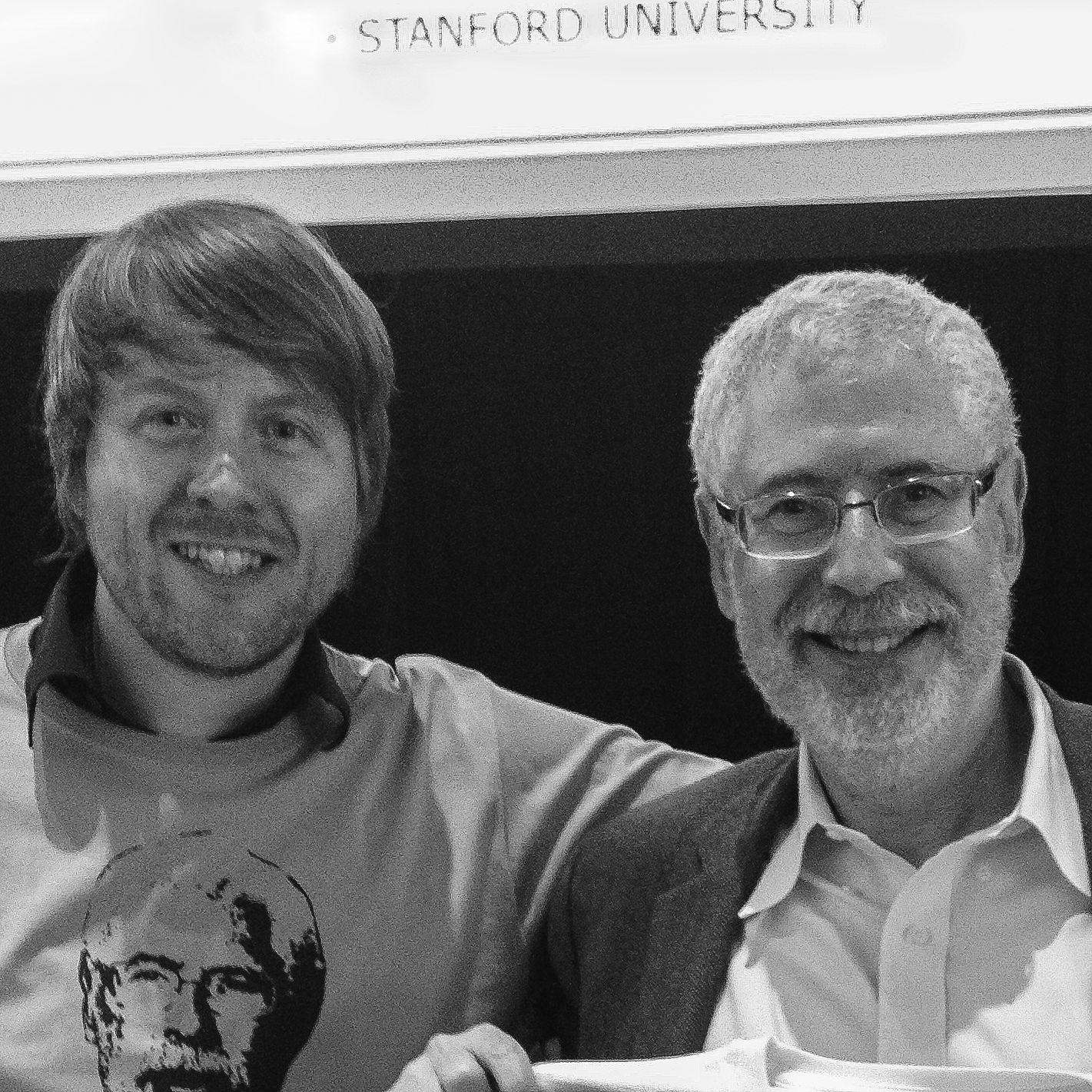
Because of his work in startup ecosystem building, founder support, and his role in the Lean Startup educational movement, Andersen was awarded a scholarship and invited to Stanford to be trained by Steve Blank as a certified “Lean Launchpad Educator”, enabling him to teach the premium experiential entrepreneurship curriculum from Stanford and Berkeley at European universities, corporations, and startup support programs. He has also been awarded a GEAP scholarship at the prestigious Deusto University in Bilbao, Spain for his entrepreneurial merits.
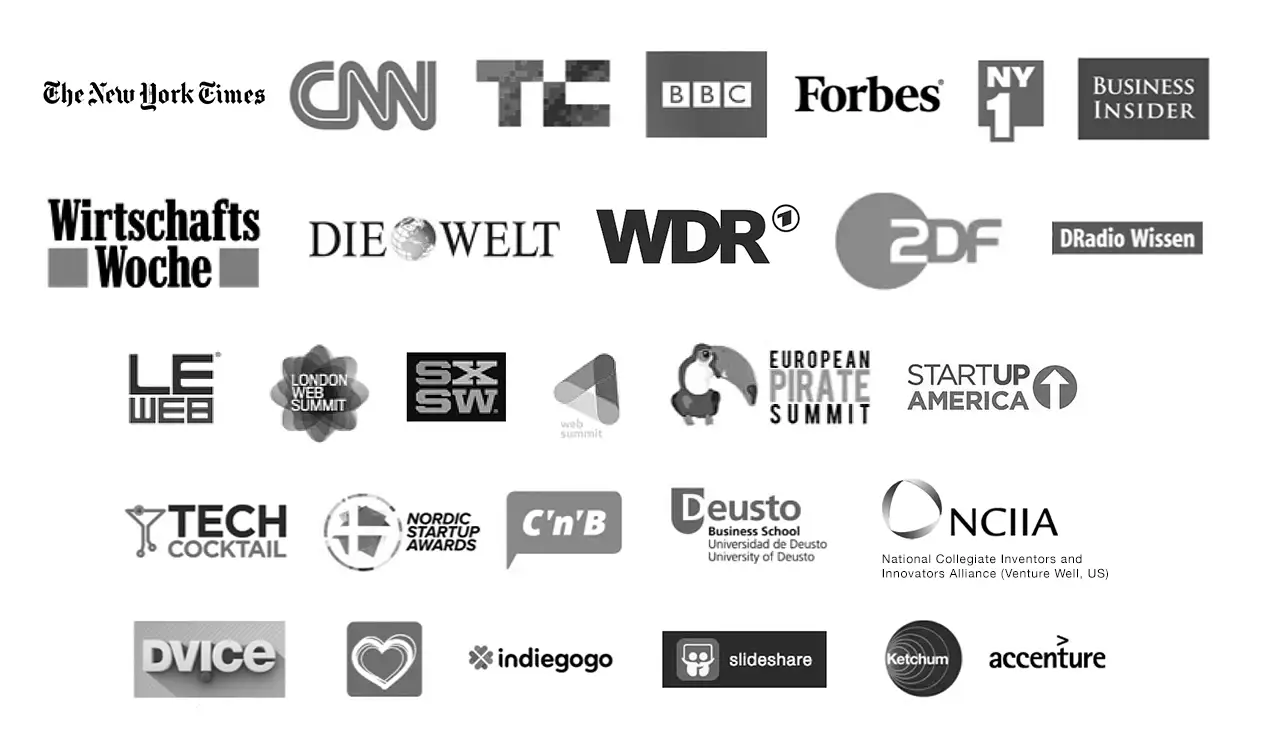
His work has been featured and recognised by The New York Times, Business Insider, CNN, BBC, TechCrunch, Forbes, TechCocktail, Die Welt, DViCE, ZDF, WDR, DRadio Wissen, WiWo, LinkedIn SlideShare Slide of the Day (4x), The Pirate Summit, Le Web, London Web Summit, Dublin Web Summit, South By Southwest (SxSW), Up Global, The State of NRW and more.
As a speaker, he's been invited to places like Stanford, Cambridge, SxSW, Web Summit, Le Web, and served as a stand-in speaker for the Minister of Commerce to the state of NRW. He has also traveled around the world with with government officials like the Lord Mayor of Düsseldorf and organisations like the city of Cologne to stimulate international interest in the region for media, startup founders, and investors.
He has been recognised by Wirtschafts Woche as “one of the most important people in the German startup scene”, and was been selected by DUP Unternehmer Magazin as one of “Germany’s wisest minds”.
In 2013 he founded +ANDERSEN & ASSOCIATES to serve the needs of the corporations, NGOs & GOs, and educational institutions that kept requesting his expertise.
Customers include corporations like Deutsche Telekom, Philip Morris International, RTL, Bertelsmann, ottobock, BARCO, AXA, Zentis, Telefónica, Reifenhäuser, Henkel, Vebego, Yello Strom, BMW Group, ABinbev, Carlsen, NGOs & GOs like Mainzer Stadtwerke, The International Iberian Nanotechnology Laboratory (INL), Braga PL, Digital Hub Aachen, Digital Hub Düsseldorf/Rheinland, Digital Hub Bonn, Digital Hub Cologne, InsurLab, Founders Foundation, Business France, USAID, IHK, AHK, Budapest Enterprise Agency, educational institutions like Karlsruhe Institute of Technology KIT, University of Applied Sciences and Arts Northwestern Switzerland, University of Cologne, Gateway ESC, Karlshochschule, Cologne University of Applied Sciences TH Köln, Düsseldorf University HHU, University of Applied Sciences Düsseldorf HSD, Cologne Business School CBS, Dokuz Eylül University Izmir TR, and more under NDA.



